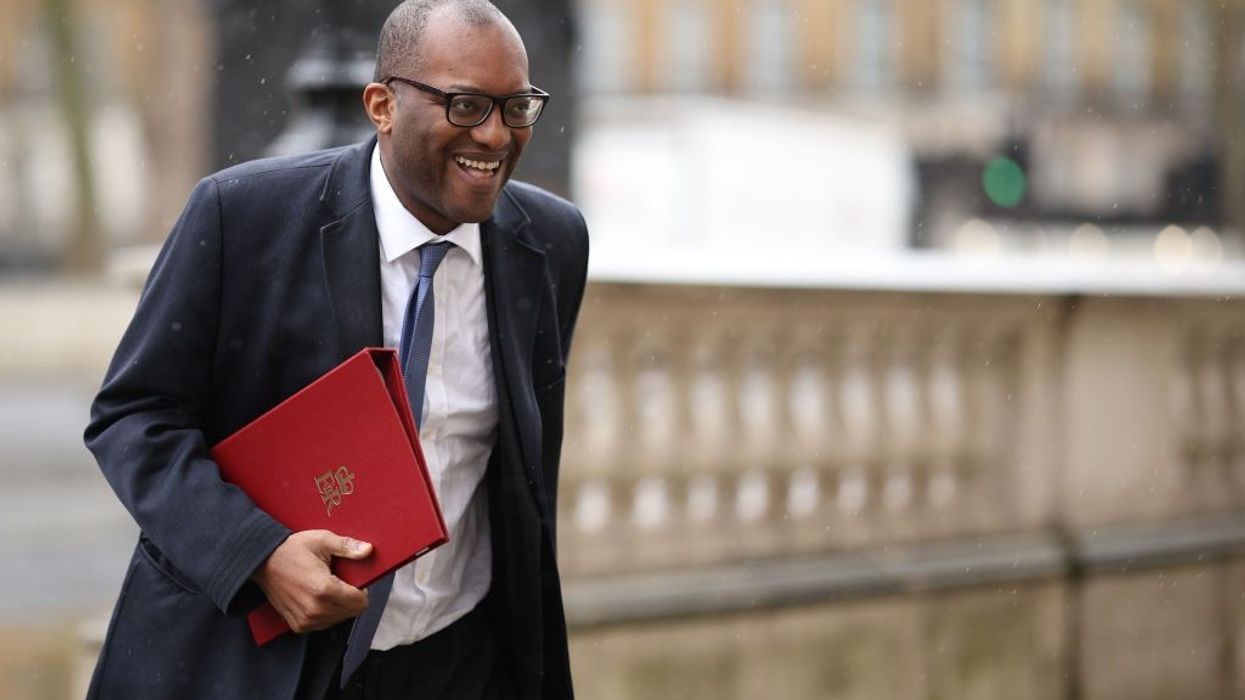MOST of the top 100 companies of the UK have at least one minority ethnic representation on their boards, demonstrating “great strides” made in achieving diversity, a report said.
According to the latest findings published by the Parker Review Committee on Wednesday (16), 89 companies figuring in the benchmark FTSE 100 index had minority ethnic representation on their boards by the December 2021 target it set.
But it meant the achievement was still short of the target and business secretary Kwasi Kwarteng admitted there "is still more to do”.
Based on a voluntary census of the top 100 companies it carried out with the Department of Business, Energy & Industrial Strategy (BEIS), the committee said a further five firms have announced such appointments and three others are “at an advanced stage in the recruitment process”.
Three companies have not signalled such a commitment. One of them is being acquired by a US group and will de-list. Another is a Russian steel and mining company that will “shortly be removed” from the benchmark index and the final one is a UK subsidiary of a US-based group, the report said.
The committee, commissioned by BEIS to consult on the ethnic diversity of UK boards, had in 2017 set a similar ‘One by 2024’ target for companies featuring in the FTSE250 index.
At the end of December last year, 128 FTSE 250 companies had at least one director from a minority ethnic background, representing 55 per cent of companies that responded.
As expected, the overwhelming majority of these board positions are non-executive directors given that FTSE companies generally have only two executive director positions - CEO and CFO.
Progress continues in these key executive roles but at a relatively slow pace, the report said.
Only six CEOs across the FTSE 100 come from a minority ethnic background and 16 minority ethnic CEOs lead FTSE 250 companies.
There are even fewer chairs from a minority ethnic background - three in the FTSE 100 and five in the FTSE 250.
Sir John Parker, the chair of the committee, said the December 2021 target for every FTSE 100 company to have at least one board director from a minority ethnic background “has very nearly been met”.
“We have also secured commitments from many of the outstanding companies which mean it is likely that 97 per cent of current FTSE 100 companies will comply with the target by the middle of the year”.
According to him, the top 250 companies also continue to “make good progress, with more than half already having people from minority ethnic communities in their boardrooms.
Kwarteng said the findings demonstrated the “great strides being made - particularly at FTSE 100 level - to increase ethnic diversity on boards.”
“We want to foster a business environment in the UK where people have equal opportunity to succeed and progress in their career through merit and ability, rather than their ethnic background.”
‘Nearly all' of UK’s top 100 companies have diverse boards




